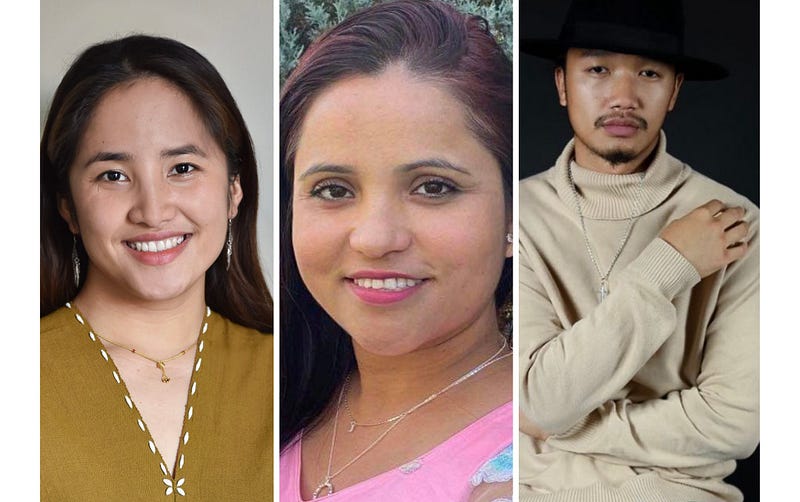
On Thursday, Feb. 4, the Voices of Color Lecture Series (VCLS) presented “The Voices of Resettled Communities”, a panel discussion on the “resettlement process in Upstate New York, identity, religion, and more.” The event was held over Zoom as a webinar, and was open to all members of the Hamilton community. VCLS co-chairs Mckela Kanu ’22 and Dawun Smith ’22 began the event with introductions of the three panelists and moderator, each of whom has made significant contributions to the New York Southeast Asian community.
Kay Klo is a graduate of Mount Holyoke College and completed a Fulbright scholarship in Thailand. She is now the director of the Midtown Utica Community Center (MUCC), an organization that focuses on supporting refugees and the low-income population of Utica. Influenced by her own experiences as a young refugee from Burma, Klo wants to serve her community and make a space that feels like home to others.
Tabo Bo is a youth activist, artist and founder of Nomadic Voice — a creative space in Utica that provides an outlet for cultural art and expression. Bo is also a refugee who immigrated to the United States at the age of four. He is currently a senior at Utica College and works with Nomadic Voices to arrange pop-up cultural events in various different cities.
Professor Kumari Regmi is a nurse practitioner at Optum and United Healthcare as well as an Adjunct Lecturer of Nursing at SUNY Polytechnic Institute. She was born in Bhutan and became a refugee at six years old, coming to the United States when she was 23 years old.
Assistant Professor of Anthropology at Hamilton College Mariam Durrani moderated the event. Her research focuses on migration studies and cultural mobility, and she is a “committed social-justice advocate [who] hopes to work with local organizations on relevant issues.”
The opening question of the discussion asked the panelists to discuss their experience with the resettlement process. Klo spoke first. She wanted people to know that it is a non-linear process. Speaking about her experiences growing up as an immigrant, she recounted the difficulty of having to interpret for her parents, fill out paperwork and understand important documents. Regmi, who immigrated as an adult, shared a different perspective on her resettlement. She described having to restart her life almost from the beginning, from learning English to getting an education.
As Utica is a location where many refugees are resettled, Durrani asks how the panelists were able to make themselves feel at home. Bo noted that there were facilities in Utica that helped him with finding a community, such as the Thea Bowman House which acts as a center for at-risk and low-income youth. He was able to find people similar to him there, and they provided various services, from acting as a daycare to distributing food to kids whose parents had to work long hours.
When asked about their experiences with education, Klo shared the inequities in American education she witnessed growing up. As a former English as a second language (ESL) tutor, she noticed that the kids who immigrated later in their life had a much harder time assimilating to the school system, as they were expected to take similar tests as native English speakers who had a better grasp of the language. She brought up the lack of resources within the city of Utica, which stands in stark contrast to its neighbors like New Hartford and Whitesboro.
Regmi shared her experience taking ESL classes as an adult hoping to further her education. She struggled with the higher education system, but found aid in a volunteer who helped her create a FAFSA to get financial aid for college. From there, she attended a class at Syracuse University that was intended for refugee students. Regmi simultaneously worked and took classes, and she credits her current successes to the help she received from her community.
The panel ended with each of the panelists sharing their goals for the future. Each of them had one thing in common: they hope to continue to provide support for refugees and immigrants who are going through the same experiences they went through during resettlement.
















